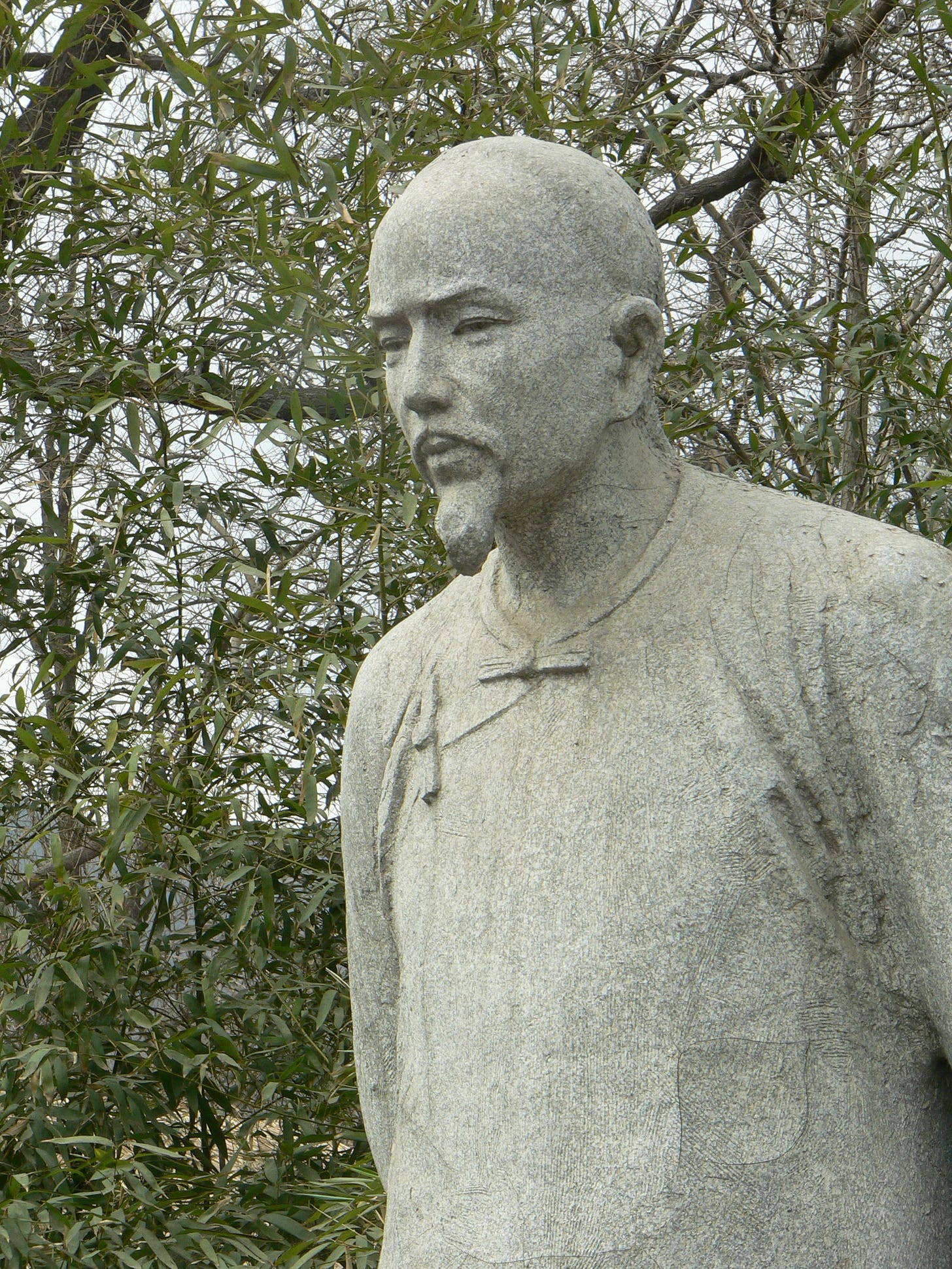How To Transition
One of the most amazing things about Dream of the Red Chamber is the way Cao Xueqin transitions from one scene to another.
Most classical Chinese novels have somewhat abrupt transitions, usually at points marking the end of one chapter and the beginning of a new chapter.
For a random example, take this from the end of chapter 20 of 三國演義 (Romance of the Three Kingdoms):
騰讀畢,毛髮倒豎,咬齒嚼脣,滿口流血。謂承曰:「公若有舉動,吾即統西涼兵為外應。」承請騰與諸公相見,取出義狀,教騰書名。騰乃取酒歃血為盟曰:「吾等誓死不負所約!」指坐上五人言曰:「若得十人,大事諧矣。」承曰:「忠義之士,不可多得。若所與非人,則反相害矣。」騰教取鴛行鷺序薄來檢看。檢到劉氏宗族,乃拍手言曰:「何不共此人商議?」眾皆問何人。馬騰不慌不忙,說出那人來。正是:本因國舅承明詔,又見宗潢佐漢朝。畢竟馬騰之言如何,且聽下文分解。
Ma Teng read the letter, his hair standing on end, his teeth gritting and lips bitten until blood filled his mouth. He said to Dong Cheng, “If you take action, sir, I will immediately lead my Xiliang troops to support you from outside.”
Dong Cheng then invited Ma Teng to meet the other lords and brought out the pledge of allegiance, asking Teng to sign his name. Ma Teng then took wine and smeared his blood in it as part of the oath, saying, “We swear to die rather than break our pledge!” Pointing to the five men present, he said, “If we can get ten men, our great task will surely succeed.”
Dong Cheng replied, “Loyal and righteous men are hard to find. If we include the wrong person, it will bring us harm instead.”
Ma Teng asked for the official register of court officials to be brought for review. When he came to the listing of the Imperial Clan, the House of Liu, he clapped his hands and said, “Why not consult this man?” Everyone asked who he meant. Ma Teng, without haste or anxiety, then spoke that man’s name.
Truly, it was like this:
The plan began with the Uncle of the Emperor receiving the clear decree;
Now a scion of the Imperial House shall aid the Han Dynasty.
What exactly did Ma Teng say? Pray read on to the next chapter for the details.
And, if you want to know who Ma Teng named, you have to read the beginning of chapter 21:
卻說董承等問馬騰曰:「公卻用何人?」馬騰曰:「見有豫州牧劉玄德在此,何不求之?」
“Now,” said Ma Teng, “which man do you wish to use?”
“I see that Liu Xuande [Liu Bei], the Governor of Yuzhou, is here,” said Ma Teng. “Why not ask him?”
In this case, the suspense is dispersed immediately at the start of the next chapter. There’s some discussion about whether Liu Bei would actually accept, and then they move on.
Ending and beginning chapters on these cliffhangers was extremely common in classical Chinese novels. It’s a technique that originated in the public tea houses, where storytellers would deliberately end each night’s storytelling session on a cliffhanger to ensure that customers would return for the next story.
Dream of the Red Chamber, on the other hand, has a much more literarily refined system of transitioning from one scene to the next.




